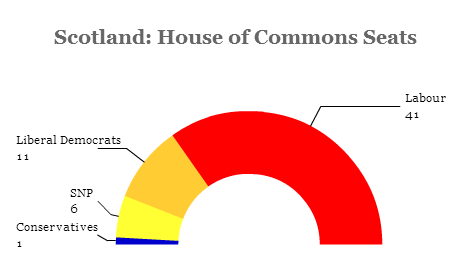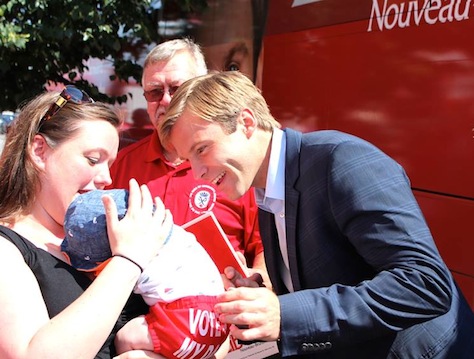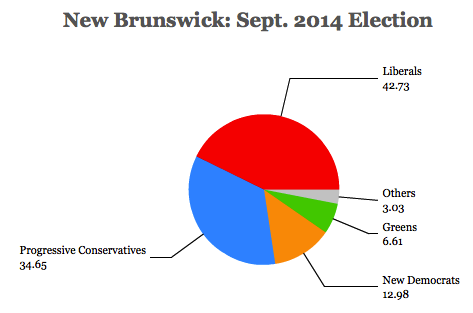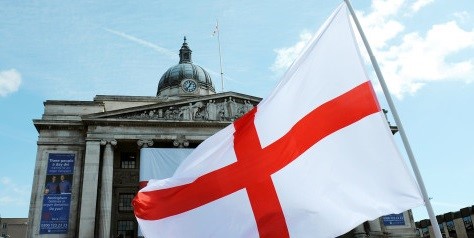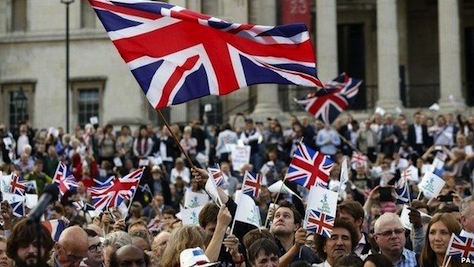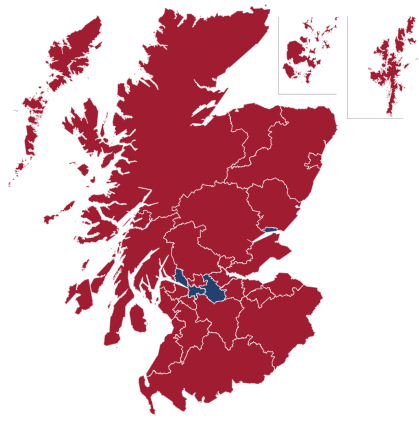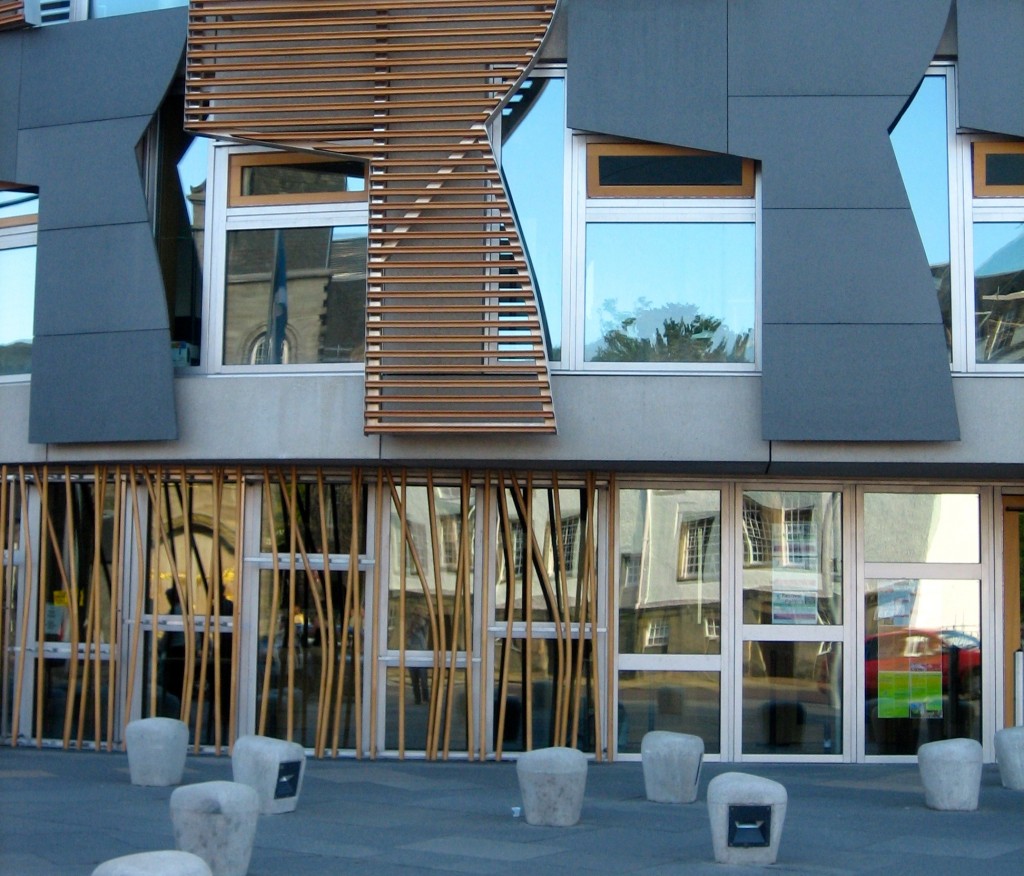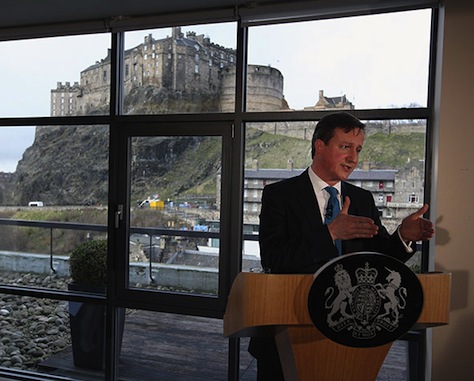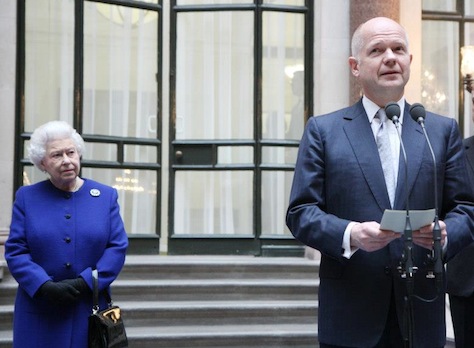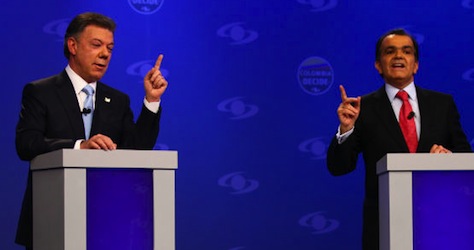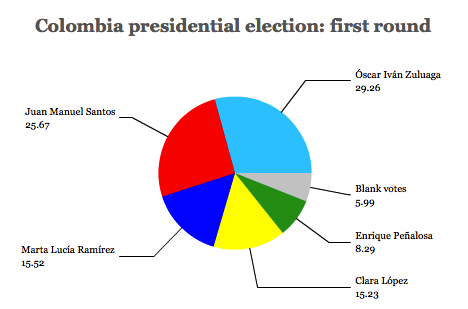
A poll late last week confirmed that, if survey trends hold, it will be very difficult for the Labour Party to form a new government without the support of the pro-independence Scottish National Party (SNP) after the United Kingdom’s May 7 general elections.![]()
![]()
Presumably, that makes Labour leader Ed Miliband’s declaration this week ruling out any coalition with the SNP somewhat awkward with the reality that the SNP may win between 40 and 50 of Scotland’s 59 seats in the House of Commons, many of which are currently held by Labour MPs and which for years were reliable seats on the Labour backbenches — so reliable, in fact, that none of those 59 constituencies changed parties between the 2005 and 2010 general elections.
No longer.
With polls showing that Labour’s narrow lead against the governing Conservative Party has vanished, the SNP earthquake means that Labour is unlikely to form a government without at least some form of SNP support and, notably, Miliband didn’t rule out an informal arrangement whereby the SNP supports a Labour minority government. Nevertheless, just six months after Scottish voters narrowly rejected independence, they are now set to determine the balance of power throughout the entire United Kingdom.
* * * * *
RELATED: Scottish referendum results — winners and losers
* * * * *
Post-referendum, Scottish voters are now flocking to the SNP not only in regional politics (the SNP controls a majority government in the Scottish parliament) but in national politics as well. With the SNP winning nearly half of the Scottish vote and with a lead of around 20% against Labour, it could turn Scotland almost universally yellow (the SNP’s color), wiping out Labour’s Scottish heartland and depriving the Liberal Democrats of many of their 11 seats as well, nearly 20% of the LibDem MPs in total.
It’s not entirely surprising. Scottish voters are keen to hold Westminster accountable for promises of ‘devolution max,’ a set of promises made desperately by Labour and Conservative leaders alike in the last days of the referendum. When the ‘Yes’ campaign lost the referendum, Alex Salmond stepped down both as SNP leader and as Scotland’s first minister. Though he remains a relatively beloved figure in Scotland, his replacement, Nicola Sturgeon (pictured above) is even more popular, especially among young voters, evincing a more progressive edge than Salmond’s hard-edged leftism forged in the divisive politics of the 1970s. Continue reading Scotland could easily hold the balance of power in Britain
